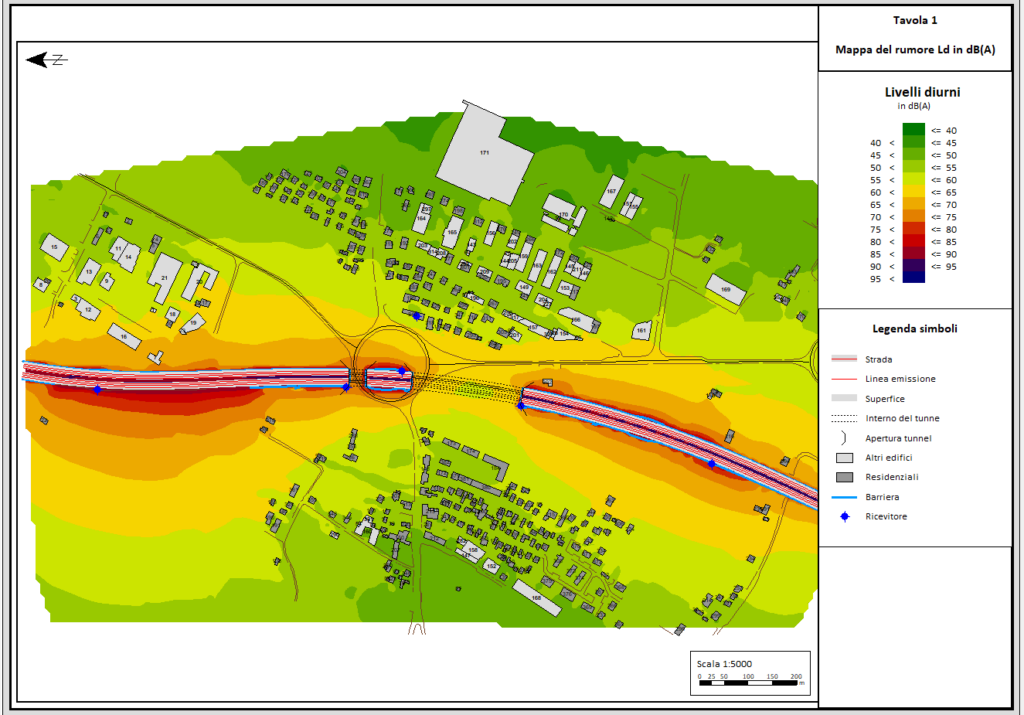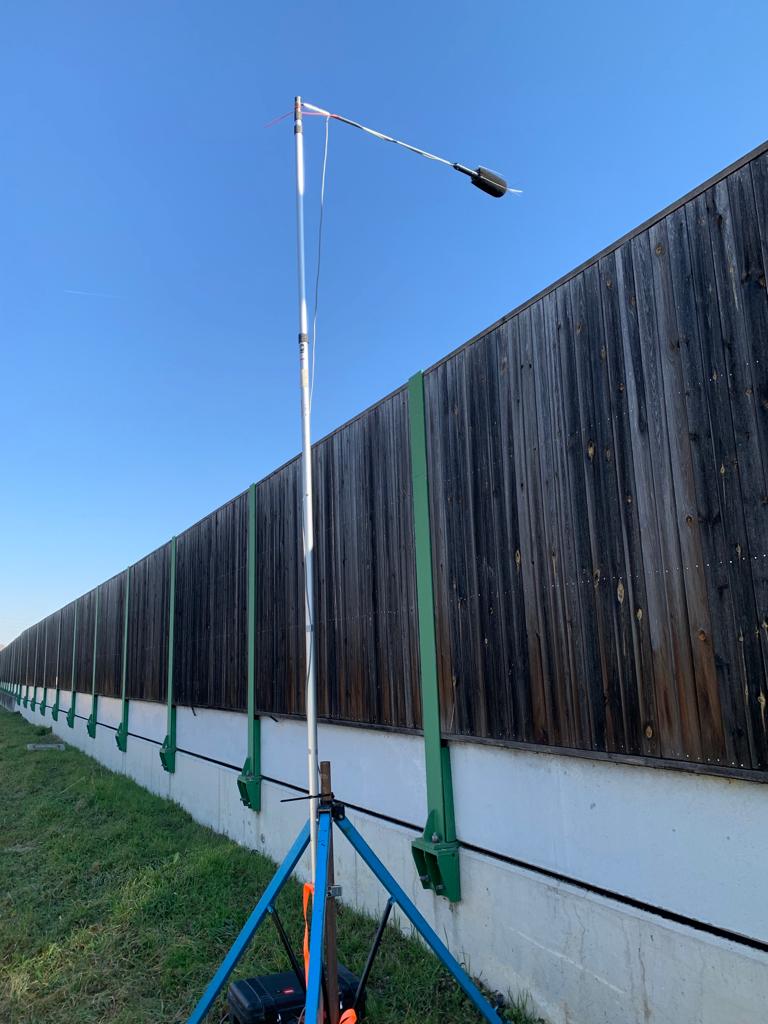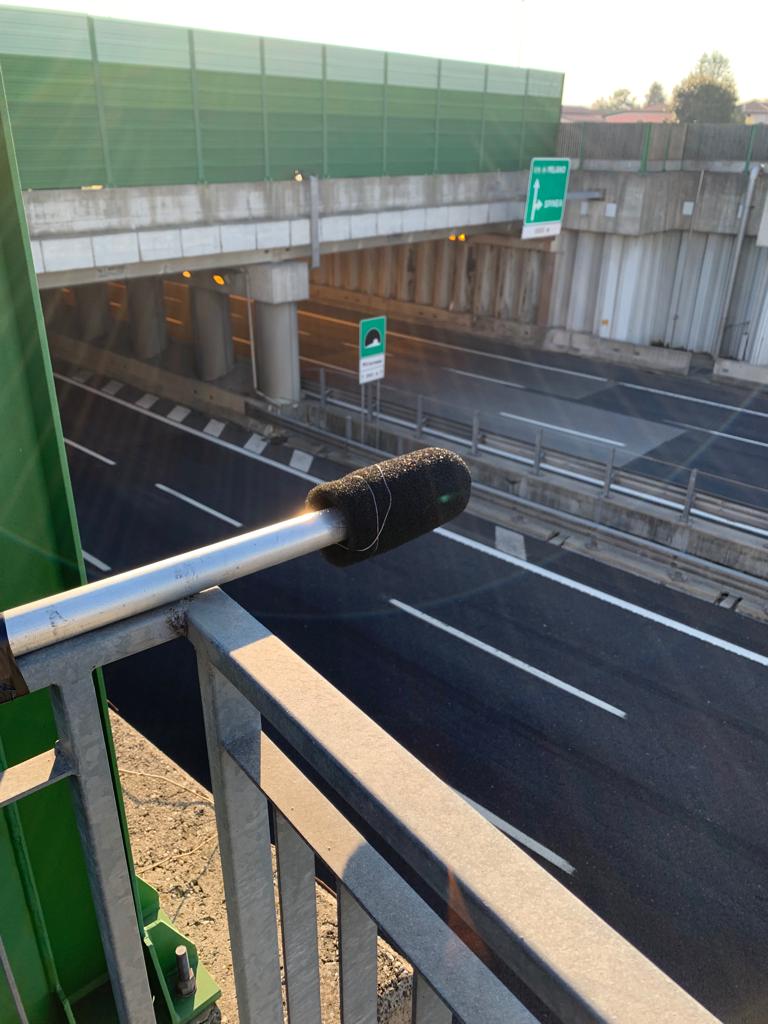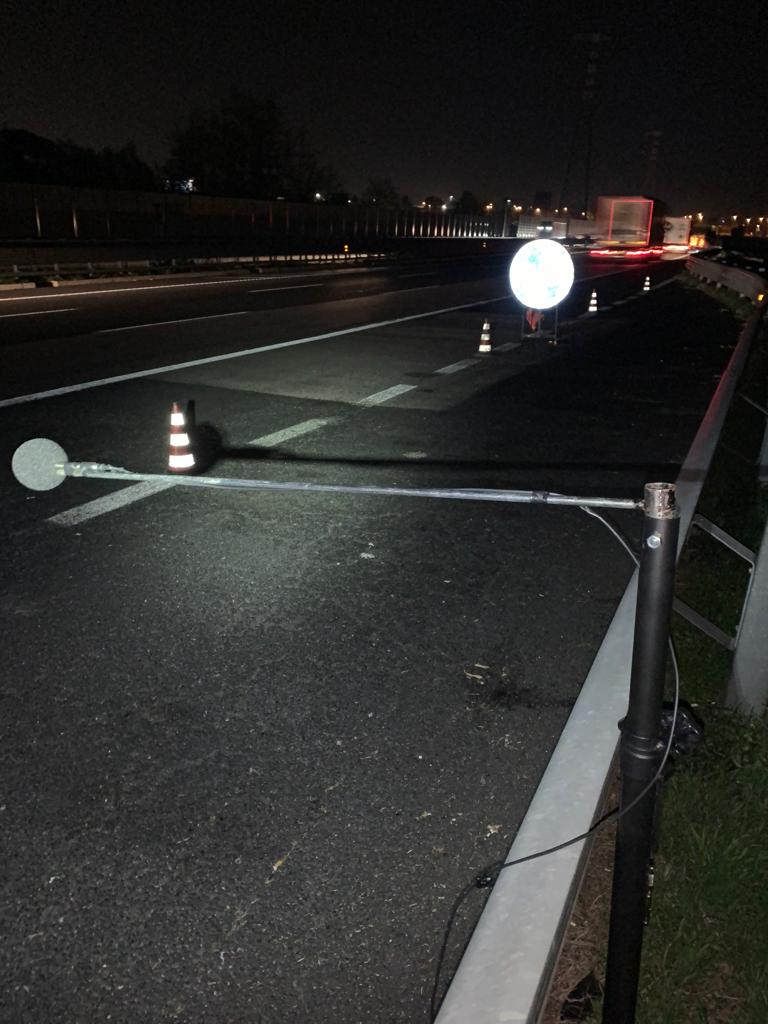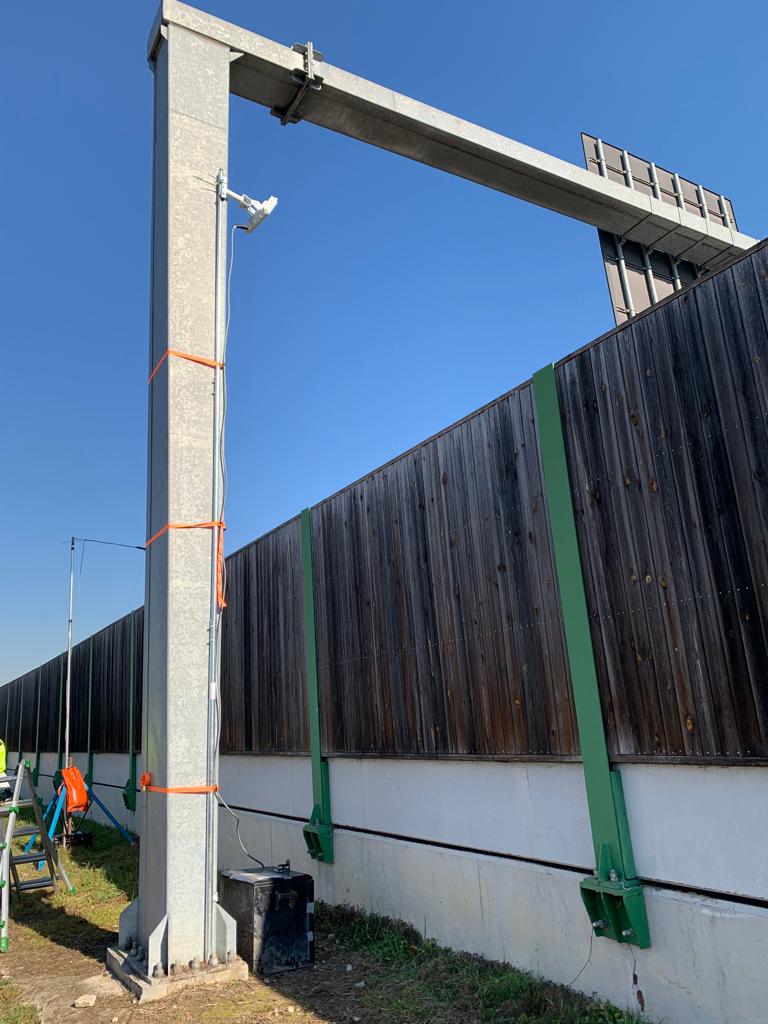Existing and newly built transportation infrastructure impacts the land and ecosystem in which it is placed and the users with whom it interacts.
Environmental management is a fundamental aspect of having control over the impacts that human activities have on the environment and allows the development of a system of self-control that can anticipate risks, seize opportunities and develop “sustainable” and “resilient” infrastructures capable of mitigating the changes that their presence entails.
TSL has been working for decades in the field of Environmental Acoustics studies, operating as required by current legislation and in compliance with different national and international standards, carrying out acoustic studies both in the context of major and minor infrastructure works.
Through the most advanced technical instrumentation, TSL prepares acoustic remediation studies and plans, drafts acoustic impact and climate assessments, designs acoustic mitigation interventions, intervention priority maps, and anything else required by current environmental acoustics legislation.
Thanks to the use of software such as SoundPLAN®, it can produce noise prediction models to assess the effects that the same may produce in a more or less vast field, both for existing works and for works not yet built.
TSL can perform field measurements for source characterization or noise assessment at different receptors. Among the different types of measurements, some are performed using the Statistical pass-by (SPB) method and are suitable for assessing the propagation of noise on different road surfaces, others use the Close Proximity Index (CPX) and assess the influence of pavement on road noise, where rolling noise is dominant. Acoustic measurements are also accompanied by vehicular traffic measurements, starting from field sampling to the return of final reporting.

